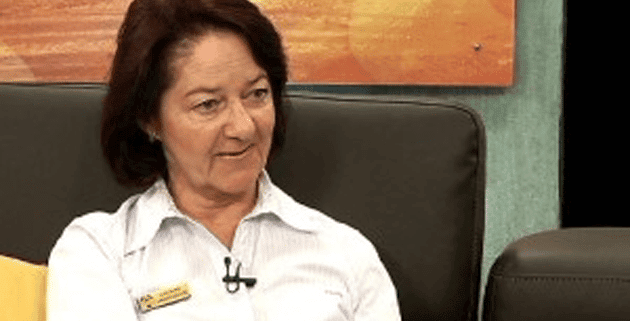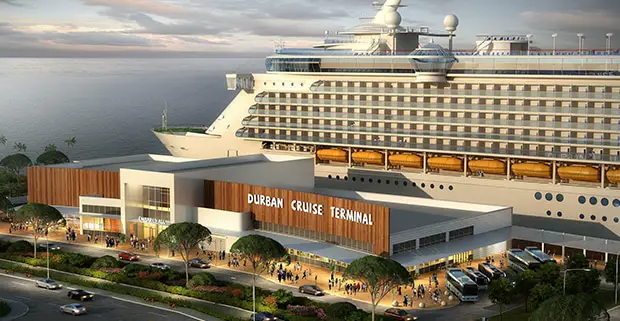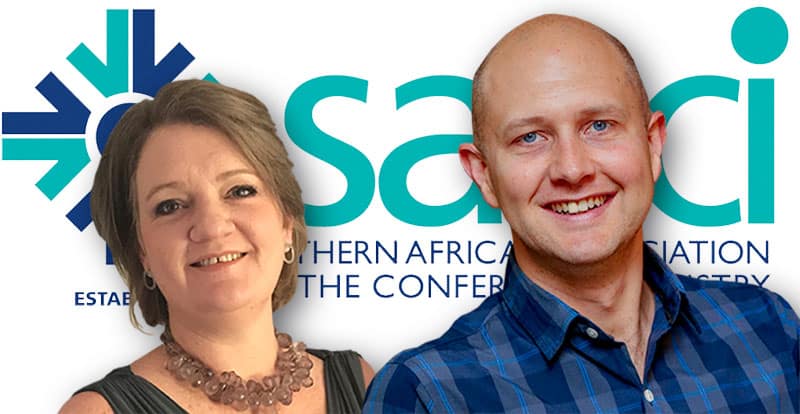Animal Interaction Consultation Workshop Dates Announced
SOUTH AFRICA, Johannesburg – Thursday 24 January 2019: The Southern Africa Tourism Services Association (SATSA) is inviting the travel trade to join a series of consultative workshops on the topic of animal interactions to be held across the country from 12 February through to 19 March 2019.
This invitation is open to anyone and everyone in the tourism industry, regardless of whether they are SATSA members or not.
Although venues are still being selected, the workshops are planned to be held in the following provinces and dates:
- Mpumalanga: 12 February – SATSA Chapter Meeting & Animal Interaction Workshop in Nelspruit from 10h00 to 17h00. Venue TBC
- Limpopo: 13 February – SATSA Chapter Meeting & Animal Interaction Workshop in Hoedspruit from 10h00 to 17h00. Venue TBC
- KwaZulu-Natal: 14 February – SATSA Chapter Meeting & Animal Interaction Workshop in Durban at the Oyster Box Hotel.
- Gauteng: 22 February – SATSA Chapter Meeting & Animal Interaction Workshop in Pretoria or Johannesburg from 10h00 to 17h00. Venue TBC
- Eastern Cape: 25 February – SATSA Chapter Meeting in Morgans Bay at Yellowwood Forest from 12h00 to 17h00. 26 February – Animal Interaction Workshop in East London from 10h00 to 15h00. Venue TBC
- Western Cape: Early March – date to be confirmed – SATSA Chapter Meeting and Animal Interaction Workshop 10h00 to 17h00 in Cape Town. Venue TBC
- Free State: 7 March – SATSA Chapter Meeting and Animal Interaction Workshop in Bloemfontein from 10h00 to 17h00. Venue TBC
- North West: 8 March – SATSA Chapter Meeting and Animal Interaction Workshop in Hartebeespoort from 10h00 to 17h00. Venue TBC
- Garden Route: 19 March – SATSA Chapter Meeting and Animal Interaction Workshop in George from 10h00 to 17h00. Venue TBC.
SATSA kicked off its research on Animal Interactions late last year, and are now ready to present the initial findings and commence public consultation.
Animal Interactions Board Chair Keira Powers says, as a member-driven body, SATSA had to take up this member-driven project on behalf of the industry. “It’s going to be a long process and fully consultative in the time we have at our disposal. I encourage industry stakeholders and companies to participate fully and vocally throughout the consultation process, which will be held across the country.”
Keira explains that a thorough, transparent process led to the appointment of an independent consulting firm to conduct the study and compile the guidelines. The committee received 17 applications from consulting firms which were individually and independently reviewed and scored by the entire committee before a shortlisted top 3 were presented to SATSA. These were then again independently scored with Grant Thornton eventually appointed having attained the highest final score.
The SATSA Board Committee on Animal Interactions comprises:
• Keira Powers: Spirit of Africa; Chair and SATSA Board member
• Andrea Ferry: Sustainability Consultant to Singita; with PhD thesis in sustainability
• Brett Mitchell: Loxodonta Management, & Elephant Reintegration Trust; ex-CEO of Pilanesberg Elephant Back Safaris – the first elephant operation to successfully rehabilitate trained elephants into the wild
• Gavin Reynolds: Immediate past CEO of Mankwe Gametrackers, Airtrackers and Letsatsing Reserve;
• Peter Dros: Fancourt Sales & Marketing Director; history in
• Hannelie Du Toit: SATSA COO
• David Frost: SATSA CEO.
“As we progress with this initiative, we ask all SATSA members and the tourism industry at large to participate in this consultation process, either through attendance at the workshops or by participating in any online surveys. If you would like to be heard on this undoubtedly hot and emotive topic, you need to engage with us during this consultation process,” concludes Keira.
For more information contact Sharon Gengan on 011 886 9996 or email Sharon@satsa.co.za.
Editor’s Note: It seems ironic that Fair Trade Tourism (FTT) is not represented on the Animal Interactions board committee, considering that FTT has already published its own Captive Wildlife Guidelines, which aims to assist the travel industry to make decisions about which captive wildlife facilities to support and which to avoid. These Guidelines were developed after consultation with nearly 200 organisations and 40 publications, and are based on five pillars – legal compliance, wildlife conservation, animal welfare, visitor safety and transparency.





